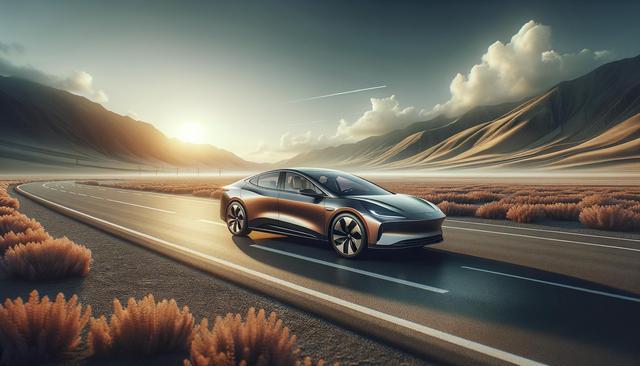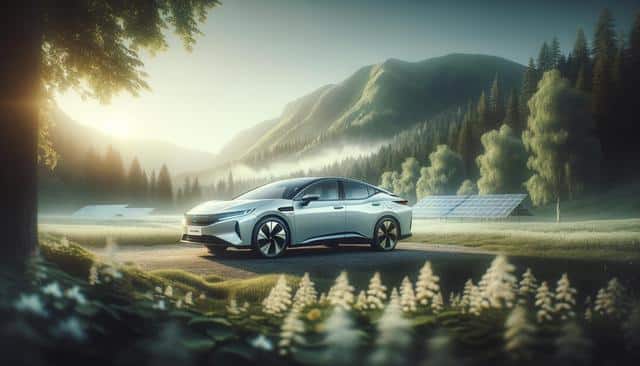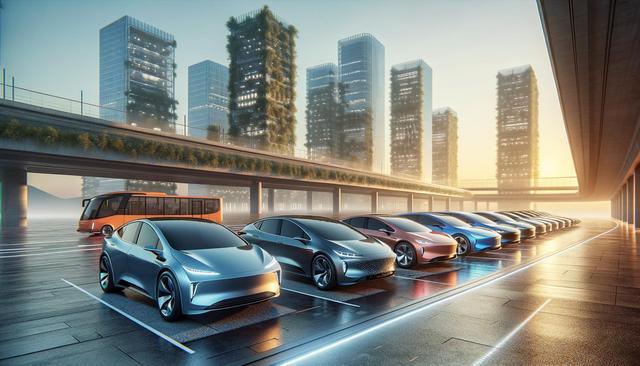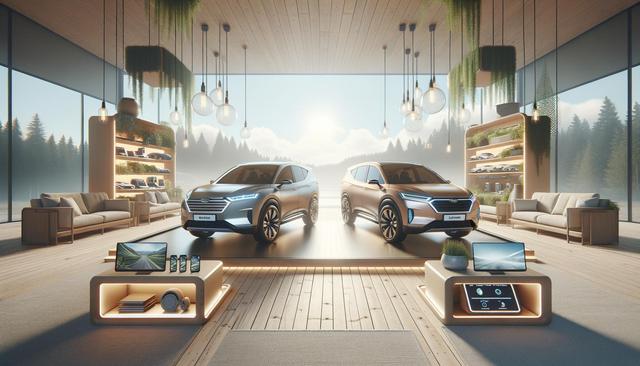Understanding Hybrid Car Technology
Hybrid cars combine a traditional internal combustion engine with an electric motor and battery to offer a more efficient driving experience. This dual power system allows the vehicle to switch between gasoline and electric power or use both simultaneously, depending on driving conditions. The electric motor assists the engine during acceleration and can drive the car at low speeds, reducing fuel consumption and emissions. Over the years, advancements in battery technology and energy management systems have significantly improved the performance and reliability of hybrid vehicles. As more automakers invest in this segment, the availability of different models continues to grow, offering a wider selection to consumers. For those interested in the technical side, energy recapture systems like regenerative braking further enhance efficiency by converting kinetic energy into electric power, which charges the battery during braking.
Benefits of Driving a Hybrid Vehicle
There are several reasons why hybrid cars are gaining popularity around the world. One of the most noticeable benefits is improved fuel economy. Because hybrids use electricity to supplement the gasoline engine, drivers can often go farther on a single tank of fuel. This makes them an attractive option for commuters and long-distance travelers alike. Environmental benefits are also a key factor, as hybrids emit fewer greenhouse gases and pollutants compared to conventional vehicles. In some regions, hybrid drivers may also enjoy perks such as reduced toll fees, access to HOV lanes, and lower registration costs. Additionally, hybrid engines tend to have fewer mechanical parts than traditional engines, which can lead to lower maintenance costs over time. To explore more about hybrid options, visit https://go.jexli.com/postback?clickId={click_id}&payout={epayout}&p2={campaign} for a comprehensive overview of available features and pricing.
Types of Hybrid Systems
Not all hybrids are created equal. There are several different types of hybrid systems, each with its own benefits and use cases. Understanding these differences helps consumers make informed decisions:
- Full Hybrid: Capable of running on just the electric motor, the gasoline engine, or a combination of both.
- Mild Hybrid: Uses an electric motor to assist the engine but cannot run on electric power alone.
- Plug-in Hybrid (PHEV): Has a larger battery and can be charged via an external power source, offering extended electric-only driving ranges.
Each system offers varying levels of fuel efficiency and performance, making it essential for buyers to assess their driving habits and needs. Plug-in hybrids, for instance, are ideal for those with short daily commutes who can recharge regularly. For more detailed insights into different hybrid systems, check out https://go.jexli.com/postback?clickId={click_id}&payout={epayout}&p2={campaign}.
Cost Considerations and Incentives
While hybrid cars often have a higher upfront cost than conventional vehicles, many buyers find the investment worthwhile due to long-term savings. Reduced fuel expenses and potential tax incentives can significantly offset the initial price difference. In some countries and states, governments offer rebates or credits for purchasing environmentally friendly vehicles, including hybrids. It’s also important to consider the resale value of hybrids, which has been steadily rising as demand increases. Additionally, lower maintenance requirements and fewer trips to the gas station contribute to cost savings over time. Keep in mind that available incentives can vary widely by location, so it’s a good idea to research local programs. To find out what offers might apply to your area, visit https://go.jexli.com/postback?clickId={click_id}&payout={epayout}&p2={campaign}.
Future Outlook for Hybrid Vehicles
As global awareness of climate change and air pollution grows, the automotive industry is expected to continue evolving toward cleaner technologies. Hybrid vehicles are positioned as a transitional solution between traditional gasoline cars and fully electric vehicles. With ongoing innovations in battery life, charging infrastructure, and energy efficiency, hybrids are likely to become even more appealing to a broader audience. Automakers are also expanding their hybrid lineups to include SUVs, trucks, and even luxury vehicles, making it easier for consumers to find a model that fits their lifestyle. Moreover, as regulations tighten around emissions and fuel economy, hybrid cars will play an increasingly vital role in meeting these standards. For a closer look at future trends in hybrid technology and upcoming models, visit https://go.jexli.com/postback?clickId={click_id}&payout={epayout}&p2={campaign}.




Leave a Reply